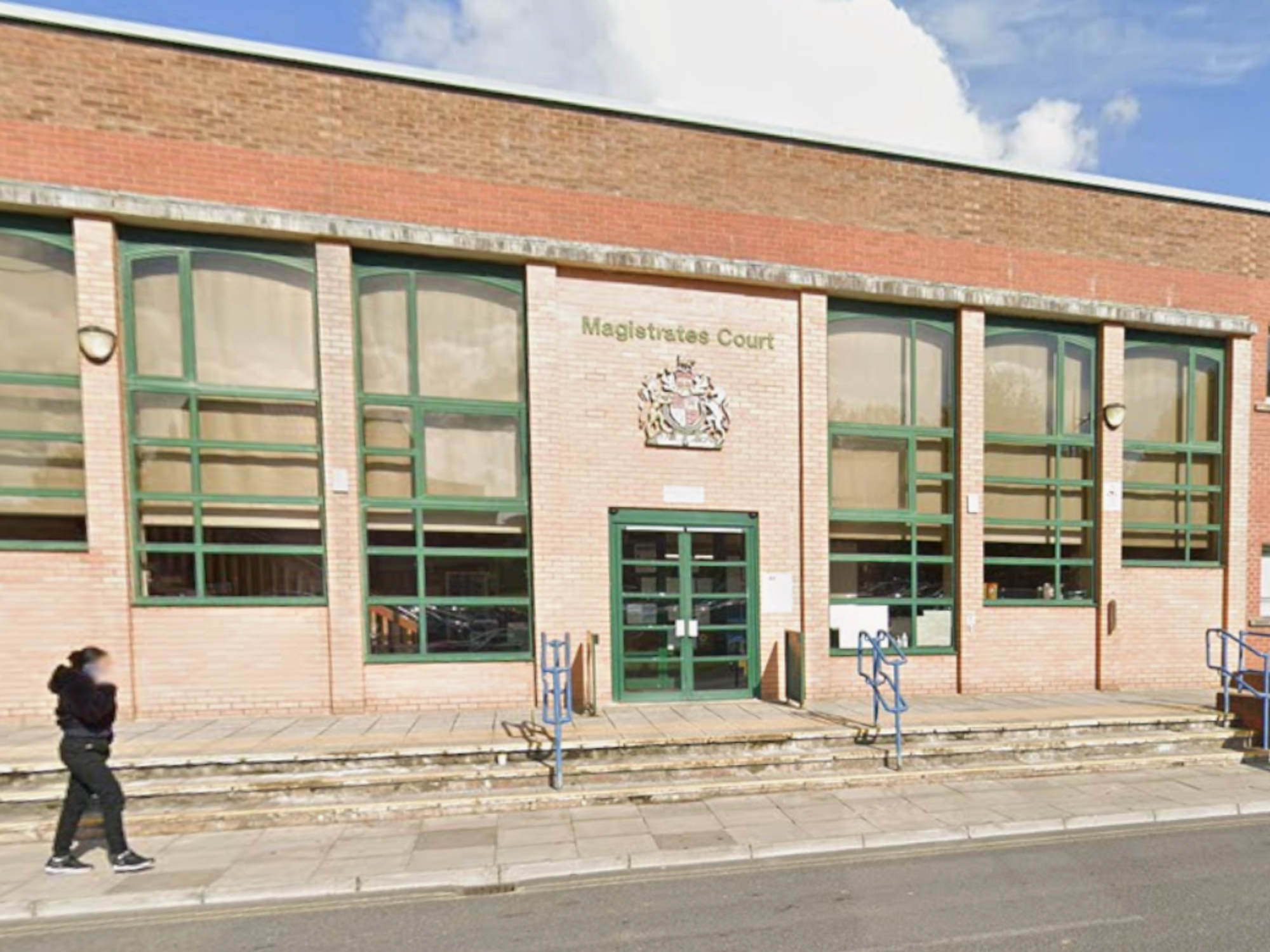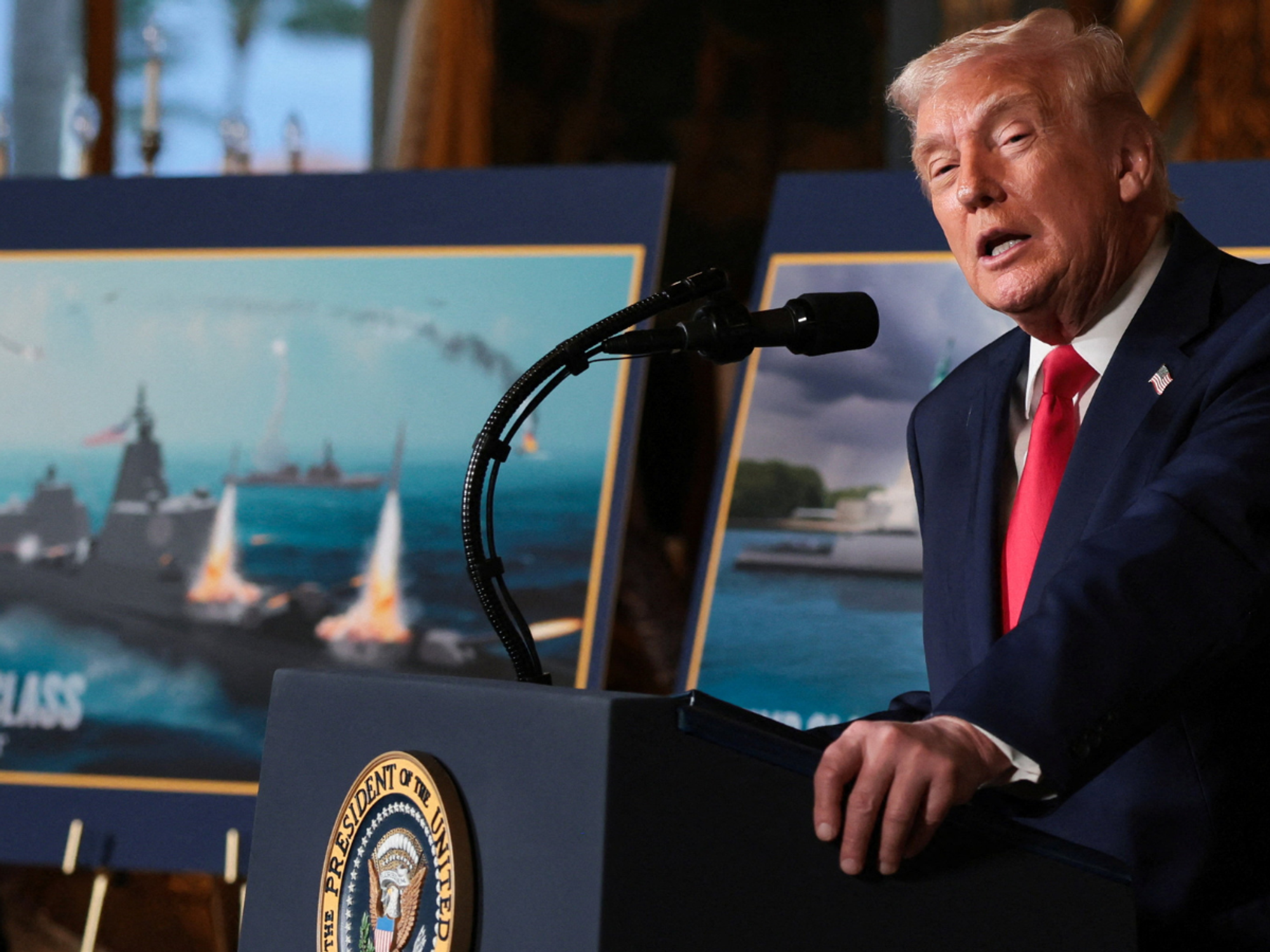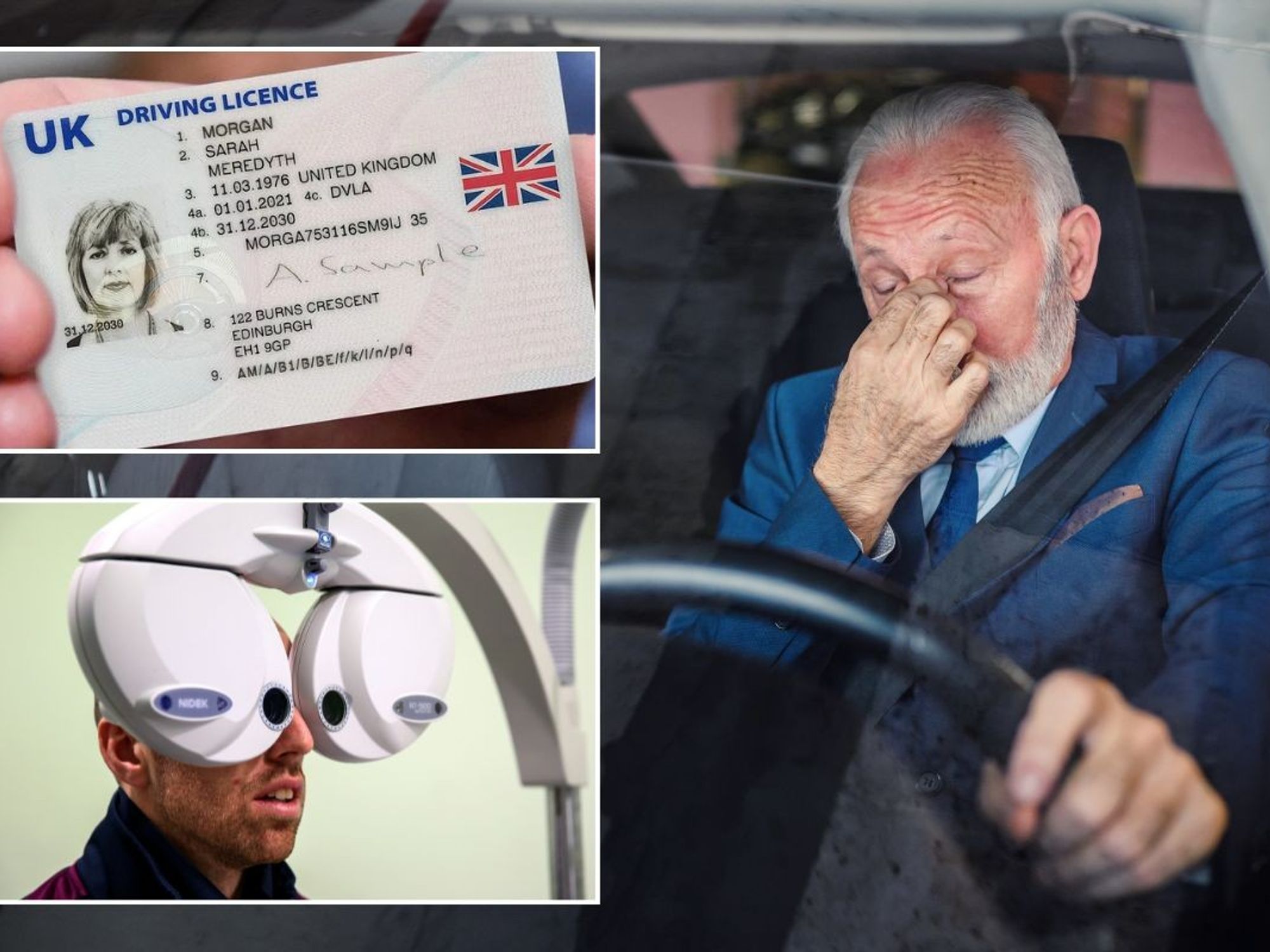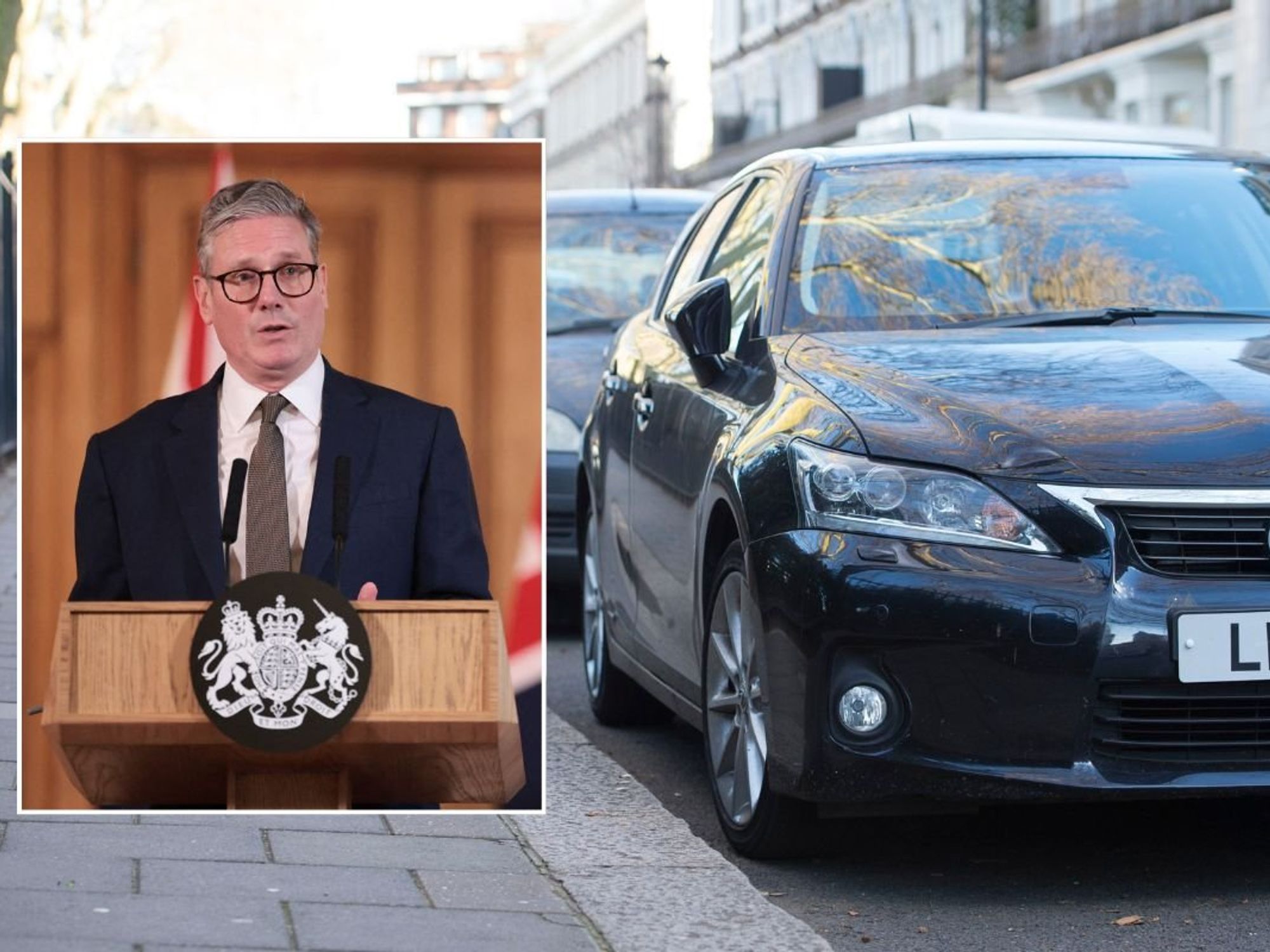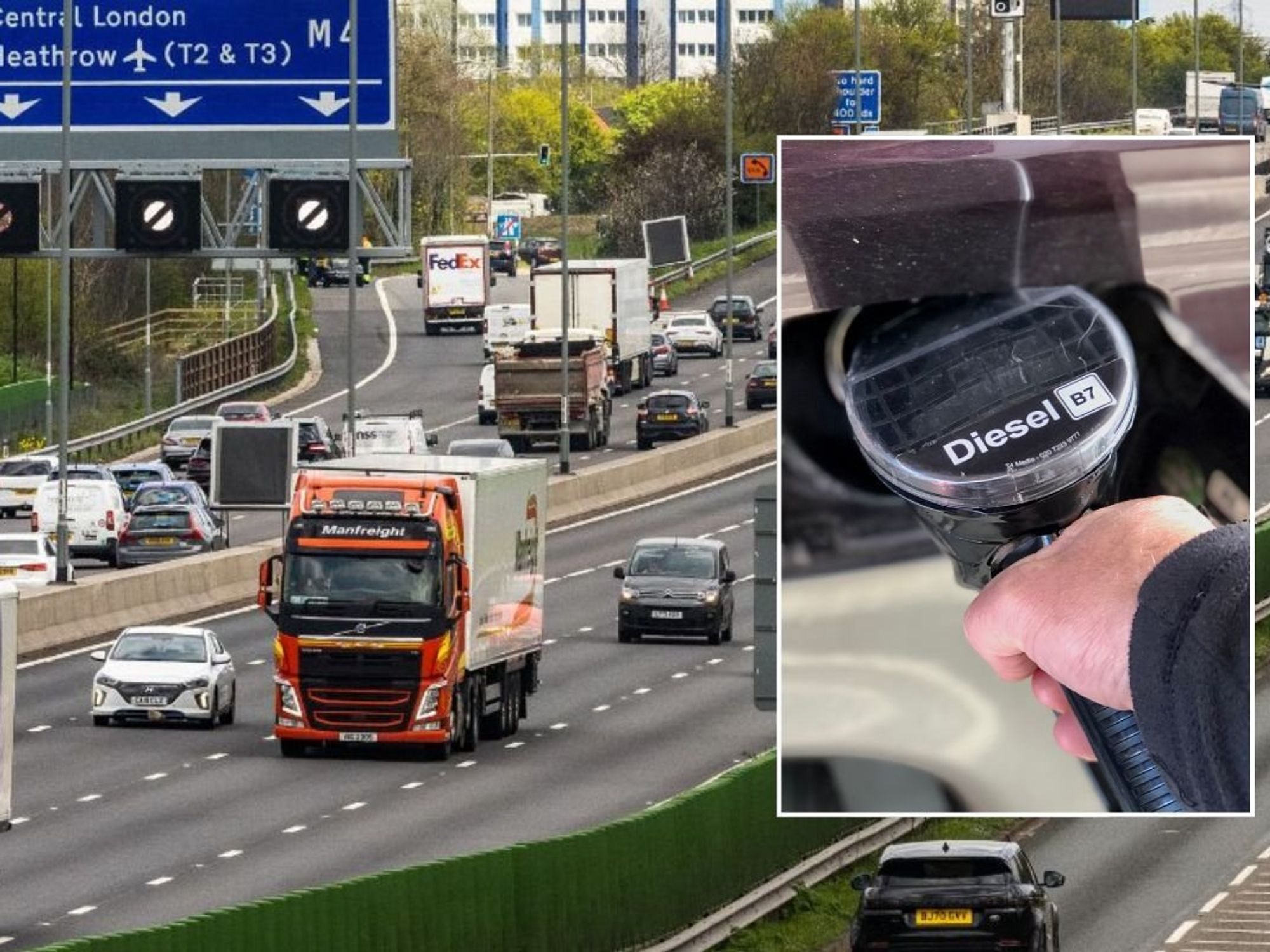Putin forced to issue state of emergency after Ukraine's surprise invasion
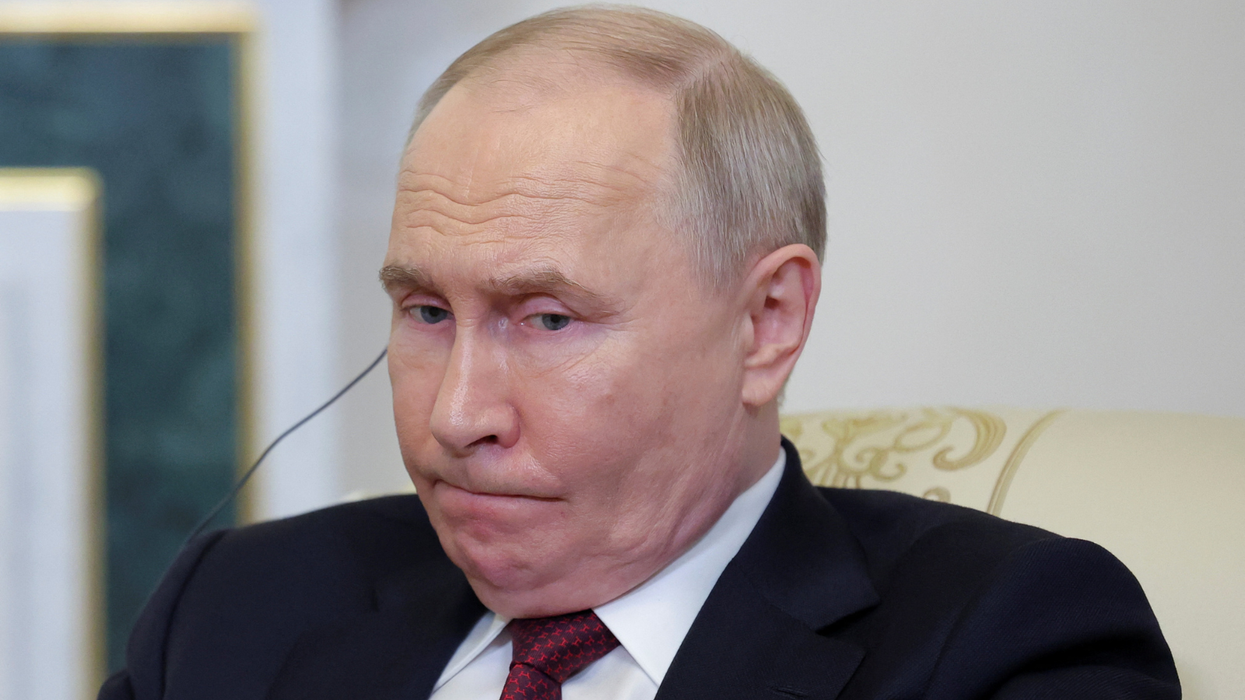
The invasion has left Putin red-faced
|Reuters

The invasion has left Putin red-faced - but analysts have warned a Ukrainian misstep could 'hand the Kremlin a propaganda coup'
Don't Miss
Most Read
Russia has been plunged into a "state of emergency" in the wake of Ukraine's surprise attack on Kursk - but Ukrainian battalions in the region have raised the spectre of Russia's "Nazi" allegations against its neighbour.
Some 1,000 Ukrainian troops poured into Russia in the early hours of Tuesday as tanks, drones and armoured vehicles spectacularly pierced the border in what Vladimir Putin called a "major provocation" by Ukraine.
Higher-ups at the Kremlin, as well as Putin himself, assembled late last night for crisis talks with officials in Kursk about how to hit back against Ukraine's surprise onslaught.
After the meeting, Russian authorities have been forced to declare a federal state of emergency throughout the whole of the Kursk region, with the incursion now into its fourth day.
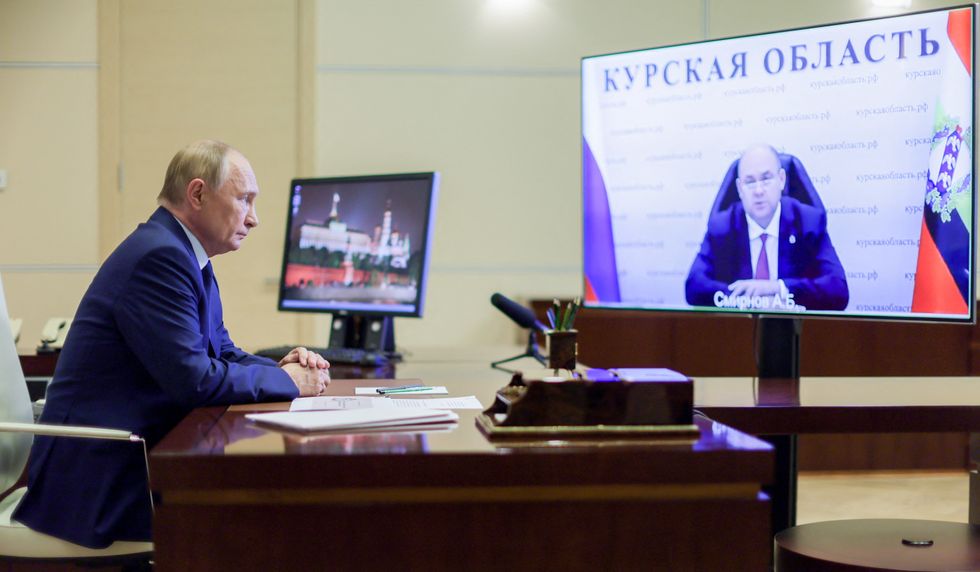 Vladimir Putin speaks with acting governor of the Kursk region Alexei Smirnov via video link | Reuters
Vladimir Putin speaks with acting governor of the Kursk region Alexei Smirnov via video link | ReutersThe Ukrainian surprise assault has taken its toll on Putin's forces who unexpectedly found themselves on the defensive just days ago.
Though Russia's military boss, Valery Gerasimov, told Putin on Wednesday that Russian troops and FSB security forces had halted the advance and would push the Ukrainians back to the border, a slew of evidence - official and from military bloggers or open-source intelligence - has come forward disputing that claim.
Independently-verified footage has emerged of a convoy of burnt-out Russian military vehicles in the region, some of which appeared to contain dead bodies.
One of the lorries was seen sporting Russia's infamous "Z" symbol - but it's Ukraine's military branding which has raised eyebrows, not least in the West.
MORE FROM RUSSIA AND UKRAINE:
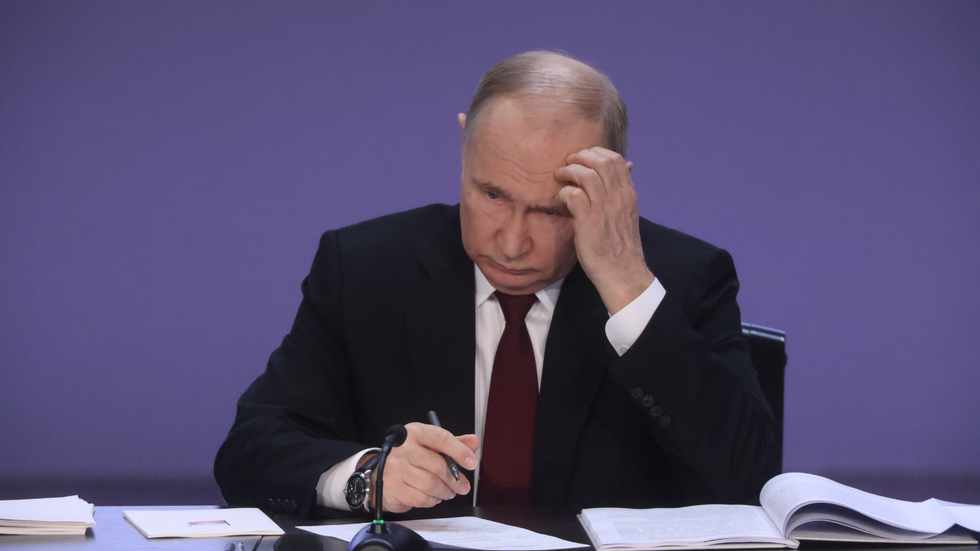
Putin's forces unexpectedly found themselves on the defensive just days ago
|Reuters
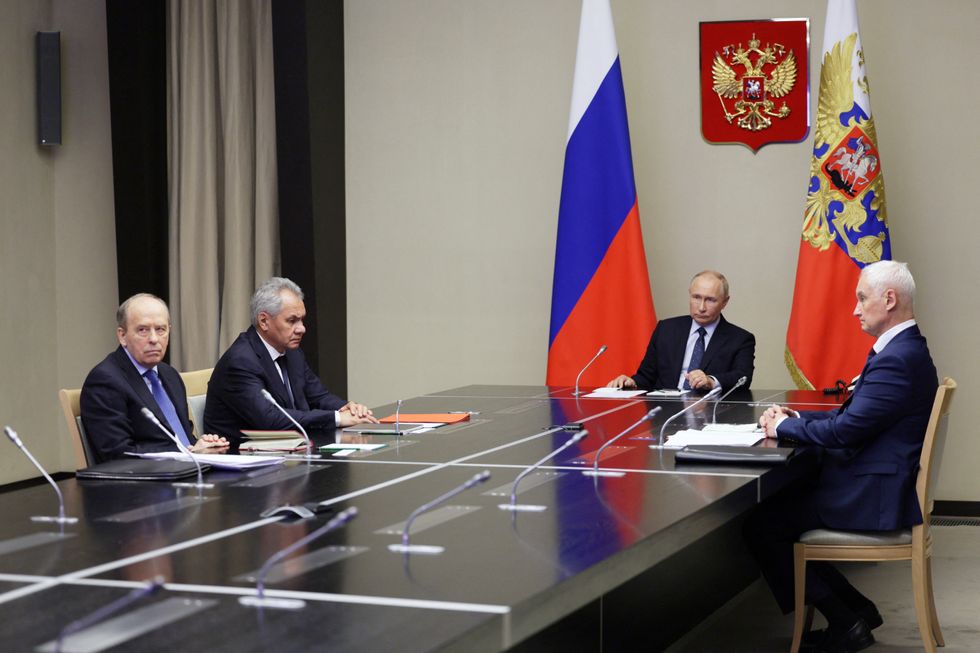 Putin and top officials looked grim-faced as Ukraine pierced their borders | Reuters
Putin and top officials looked grim-faced as Ukraine pierced their borders | ReutersUkraine's Nachtigall drone unit, so named after a Second World War-era battalion of Ukrainian Nazi collaborators, is understood to sit among the forces behind the Kursk incursion.
Analysts have warned that sending the Nachtigall unit into Russia could risk stoking Russian popular support for the war, with Putin long having framed the conflict as an effort to "denazify" his next-door neighbours.
The Times's Marc Bennetts asked why Ukraine, through the Nachtigalls, would "hand the Kremlin such a propaganda coup", while Leonid Ragozin warned that the move would make Russians see the incursion as "Nato's invasion, not Ukraine's".
Ragozin also drew attention to claims by Ukrainian war monitoring service Deep State that another drone unit, "Luftwaffe", had attacked "Russian communists" in Zaporizhzhia - and labelled both sides of the war "WW2 re-enactors keen to replay 20th century bloodsheds".
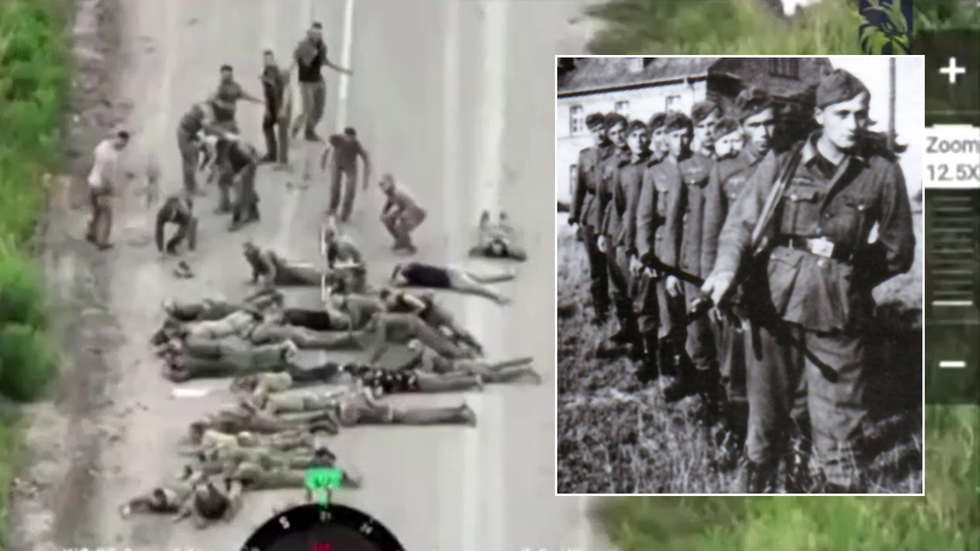
The Nachtigall drone unit, named after a Nazi battalion of the same name, posted footage online of a Russian surrender
|Reuters/Wikimedia Commons
Verified drone footage from Nachtigall also purported to show Russian troops surrendering in Kursk as battles raged on around Sudzha, a small town in the region.
Pro-Russian military bloggers have said Sudzha was "basically lost to us", while Putin himself claimed Ukrainian forces were carrying out an "indiscriminate shelling" of civilian targets in a "major provocation" by Volodymyr Zelensky's men.
So far, Zelensky has remained tight-lipped on the Kursk incursion, having praised his army for its ability "to surprise" and achieve results in a video address to his country without explicitly referencing the region.
Neither Ukrainian nor American officials have made reference to the Nazi nomenclature - but Pentagon hawks have been bullish on the incursion as a whole, with spokesperson Sabrina Singh confirming Ukraine's move into Kursk was consistent with US policy.





